Trump and Kavanaugh have won some battles, but they're going to lose the war.
That's an audacious claim, but the case of same-sex marriage shows how one side's darkest hour sometimes turns into a new -- and enduring -- dawn.
Ten years ago, marriage equality proponents suffered their most devastating defeat. On November 4, 2008, 52 percent of California voters cast ballots for Proposition 8, which amended the state constitution to ban same-sex marriage. The crushing loss led many to wonder: If Californians won't legalize marriage equality, who will?
In hindsight, it's shocking to think that same-sex marriage was legal only in Massachusetts on the day that Obama was elected President. No state that had ever put marriage to a vote had failed to ban it. But only eight days later -- starting with Connecticut on November 12 -- marriage supporters began winning, and they never lost another battle. (Unless you count North Carolina in 2012, the same day proponents also won in Maine, Maryland, Minnesota, and Washington.)
How does a single loss suddenly turn into dozens of victories? The key to understanding what happened is recognizing that change happens at multiple tempos and over varying intervals.
Usually we think about change as short-term and fast -- the immediate outcome of a policy or protest. In contrast, same-sex marriage's legalization is a story of slow, long-term change: generational change.
The seed of legalization was planted way back in 1987. Prior to that, Americans grew up imagining homosexuality to be a behavior, like gambling -- something you do. You could be sent to jail for having the wrong kind of sex in the privacy of your own home.
Between 1987 and 1992, the LGBTQ movement began to change how Americans think about sexuality. Groups like ACT UP and GLAAD forced the media to improve its portrayals of lesbians, gays, and bisexuals, and activists built support for LGBTQ rights by coming out.
By the time Bill Clinton was elected, the media and the Democratic Party had begun to depict homosexuality as an identity, like race. Young people who reached adulthood after 1992 grew up imagining sexuality to be part of who you are, not what you do.
This was the moment when the generational change began. With every passing year, more and more Americans who opposed same-sex marriage died and were replaced in the electorate by young supporters -- people who couldn't understand why marriage rights should be denied to someone because of who they are.
But that's not all: every time someone came out to their friends and family, and every time a young person brought their gay friend home to meet their parents, they challenged their elders to reconsider their opposition to queer rights. The media also helped create change, especially for people with no LGBTQ friends, by introducing audiences to gay characters on shows like Ellen and Will & Grace.
Because generational change is indexed to the rate of population turnover, it took two decades for these forces to reach critical mass. But once it happened, a lop-sided rout on the side of same-sex marriage opponents became a resounding victory for supporters.
The culture war, for all its fiery battles, ended up being a war of attrition: the most important action was behind the front lines. Generational change meant that opponents' armies were constantly shrinking, while supporters were constantly getting new recruits.
Proposition 8 shows how one side can simultaneously win the battle but lose the war. Trump won in 2016 by channeling white nationalism, but he'll be a loser in the end because birth rates don't lie: America in the 21st century will be increasingly diverse.
Likewise, Kavanaugh's confirmation does not change the fact that a new generation has been shaped by his vulgar display of toxic masculinity. My bet is that young women are now more empowered than ever to fight back against sexual assault. Even young men will be changed because the Kavanaugh spectacle has made it impossible to deny the harm that "boys-will-be-boys" causes.
Don't underestimate the clairvoyance of youth. Young people easily see through the hypocrisy that old people have learned to cynically accept as "the way things are," and the youth culture they build counteracts it. This new generation will carry these formative experiences with them as they age, and their reactions to them will define our future.
Same-sex marriage isn't going away, regardless of Kavanaugh, because youth culture continues to push public support upwards. Just like young generations killed marriage discrimination, they have the power to kill white nationalism and toxic masculinity.
Change doesn't happen automatically; but with persistence and hard work, the culture of equity, justice, and accountability that young people build today will become our shared culture a generation from now.
PETER HART-BRINSON is the author of The Gay Marriage Generation: How the LGBTQ Movement Transformed American Culture.








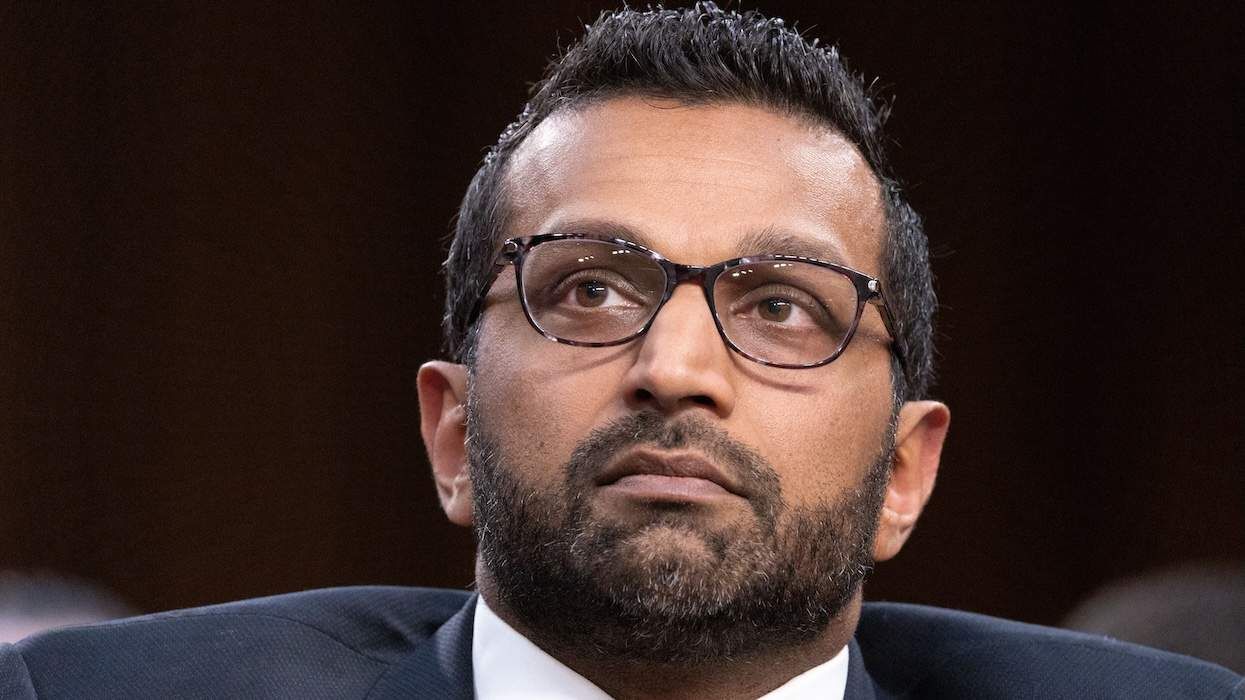
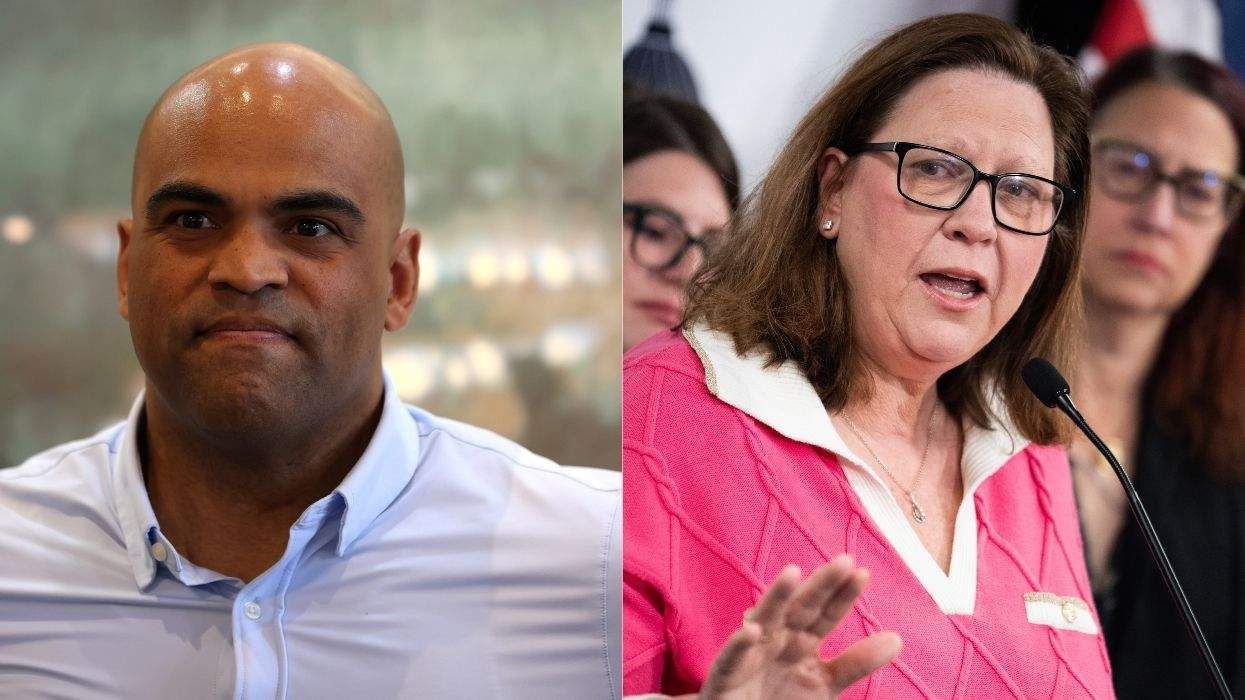
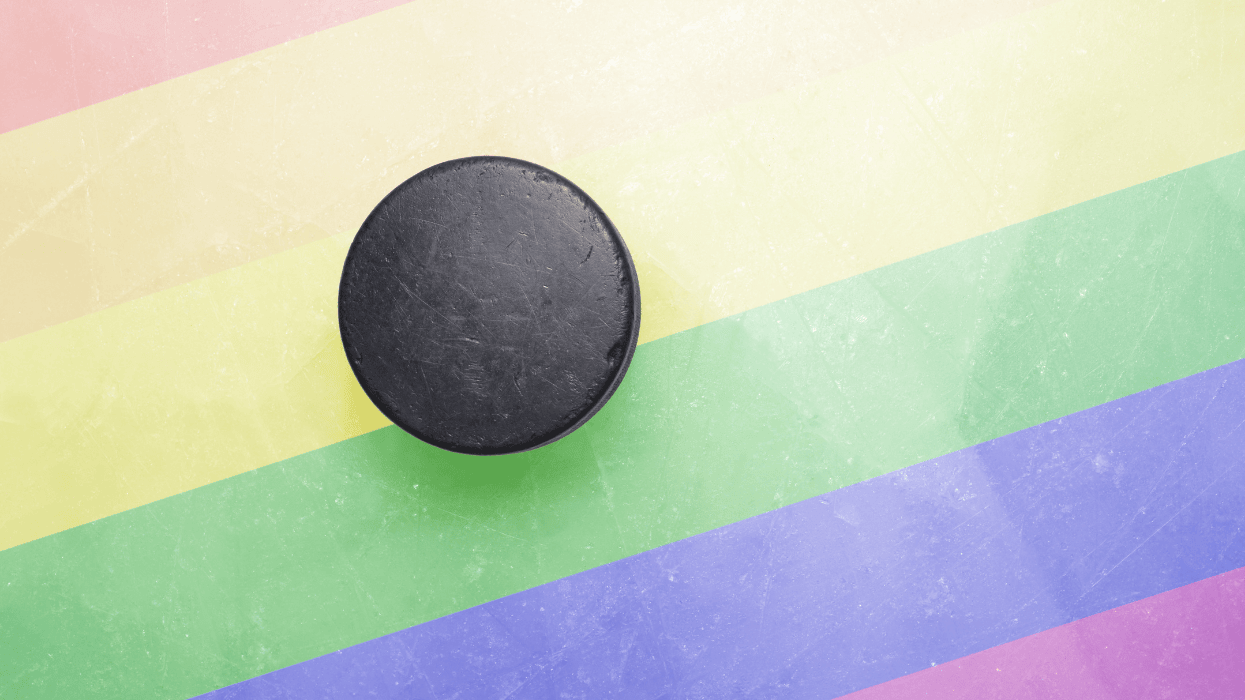

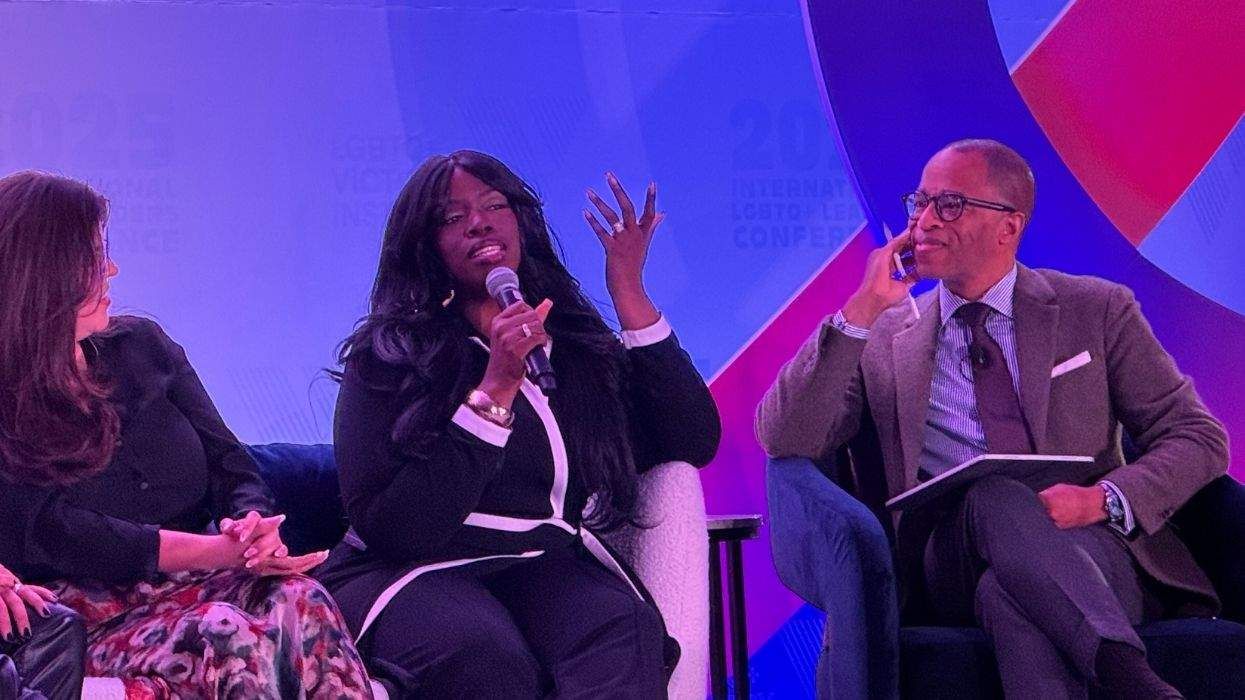
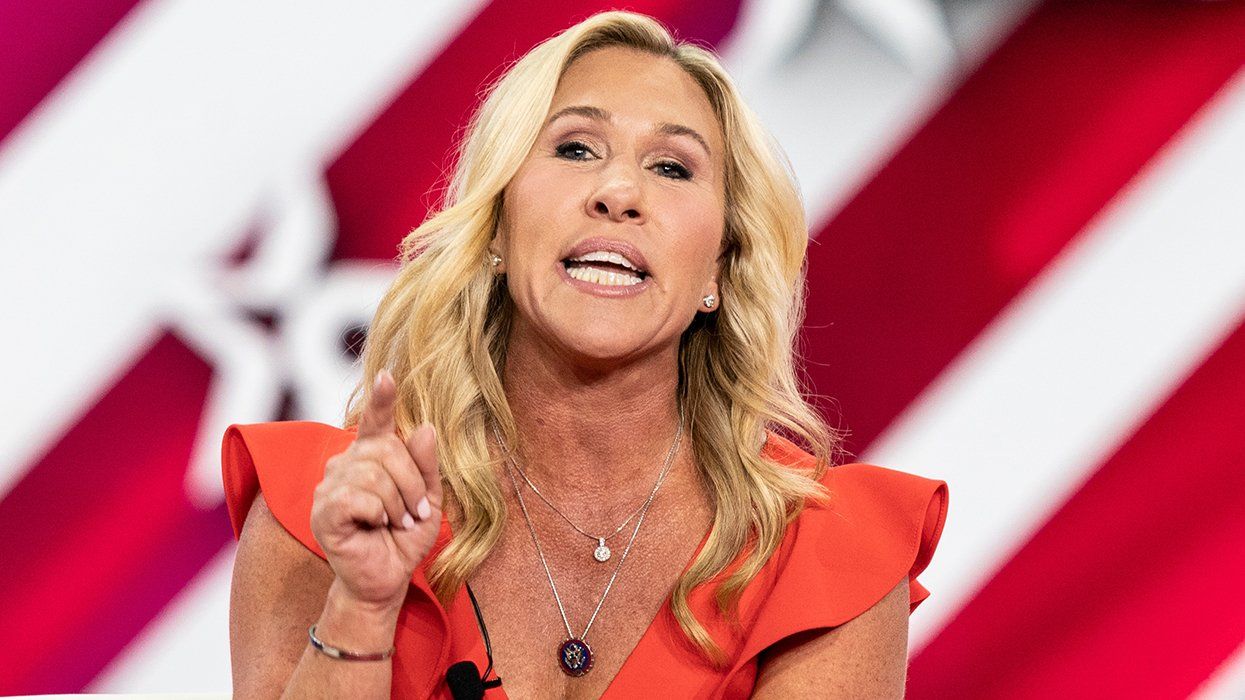
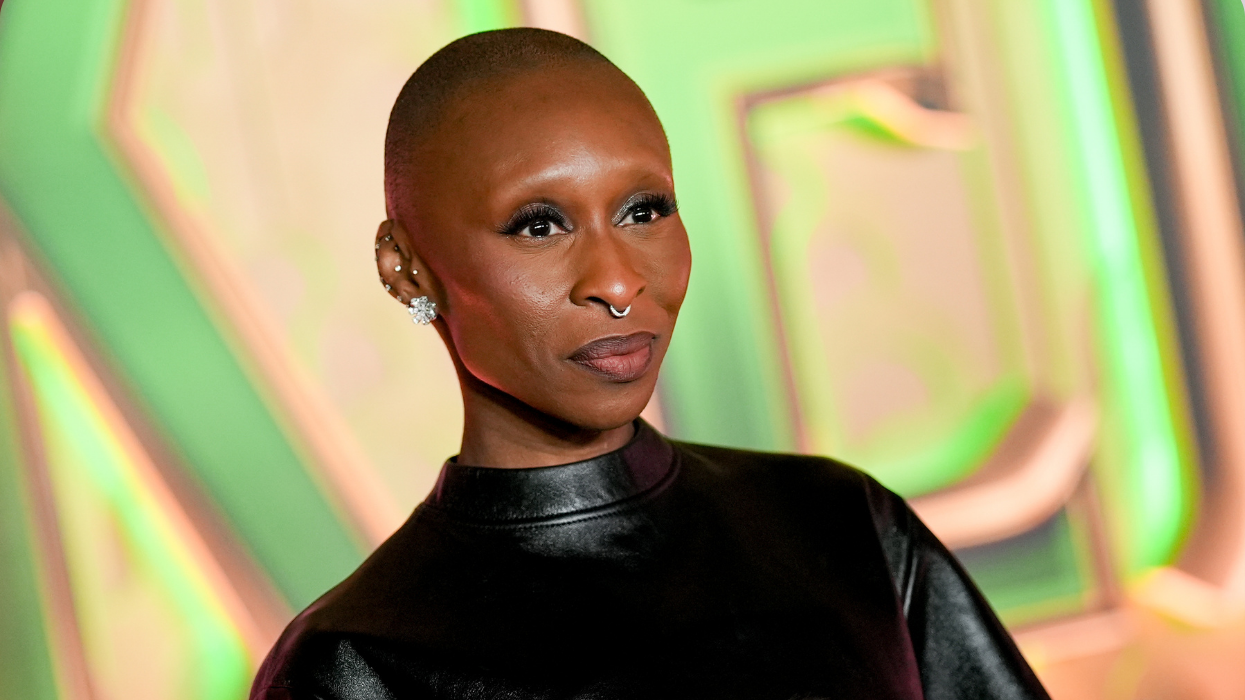

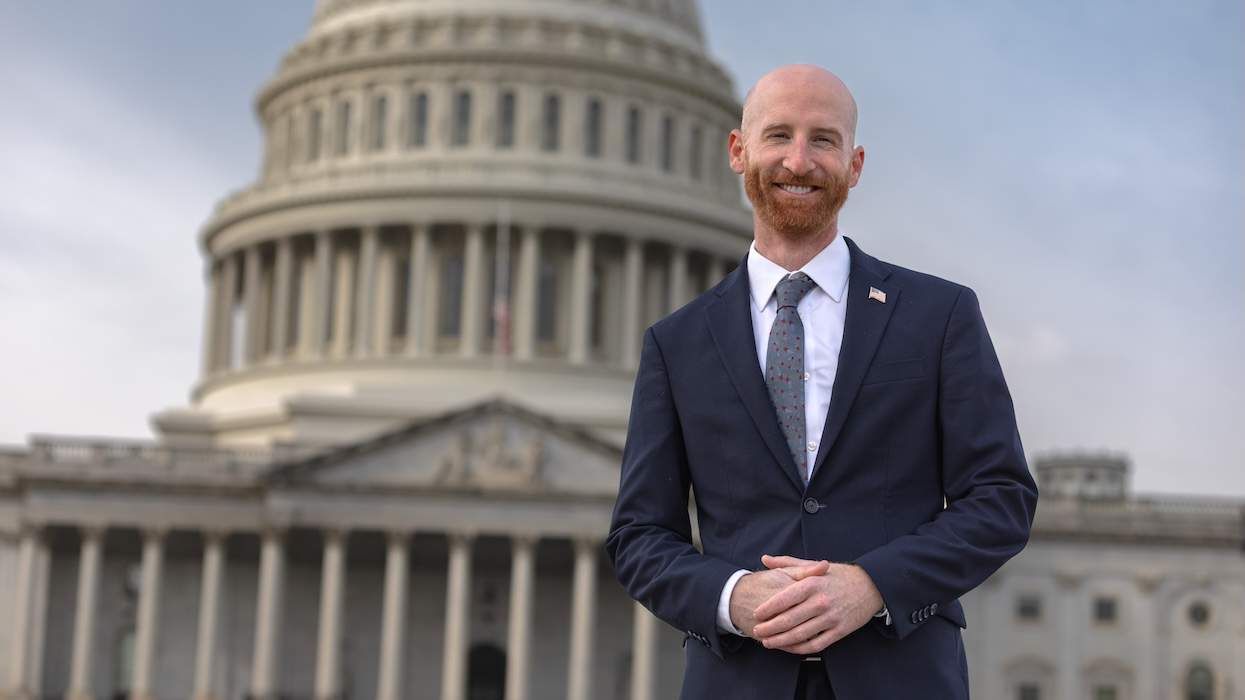
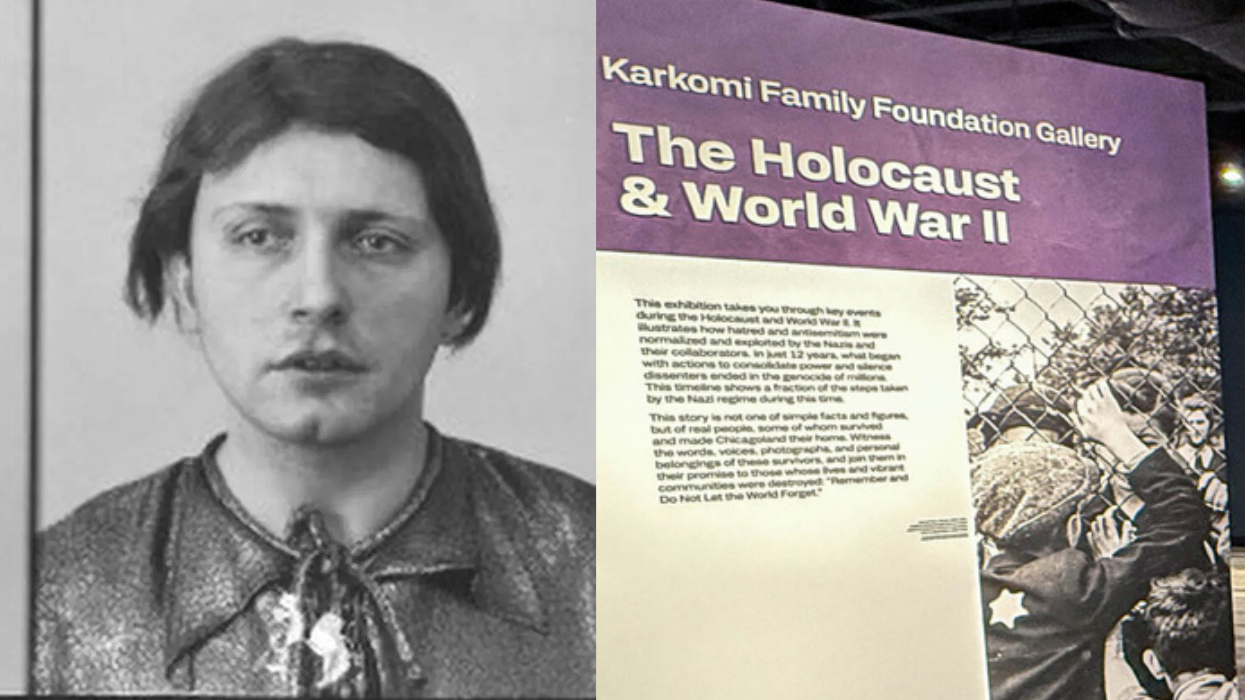






































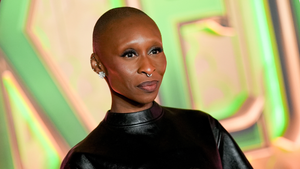











Charlie Kirk DID say stoning gay people was the 'perfect law' — and these other heinous quotes